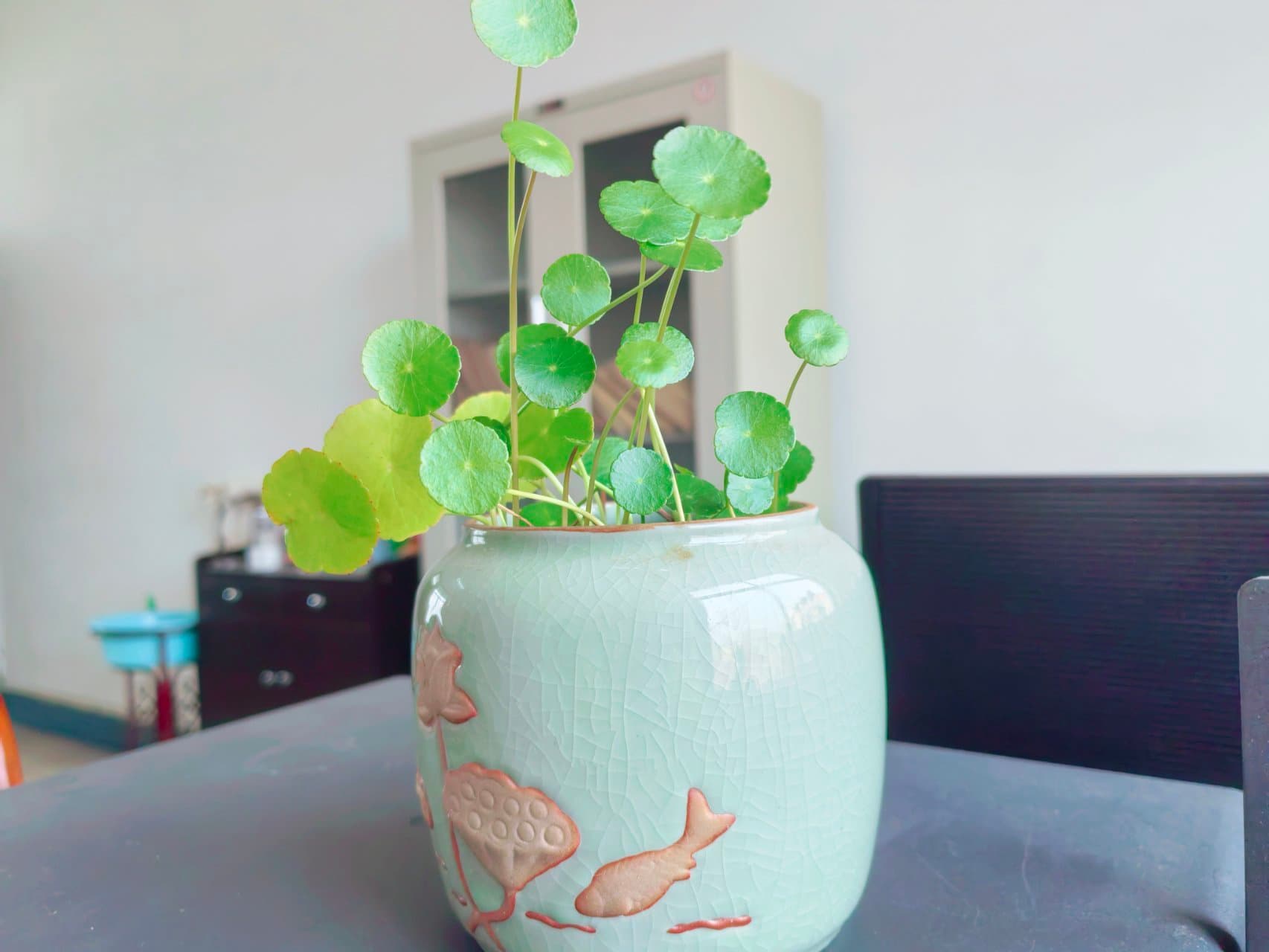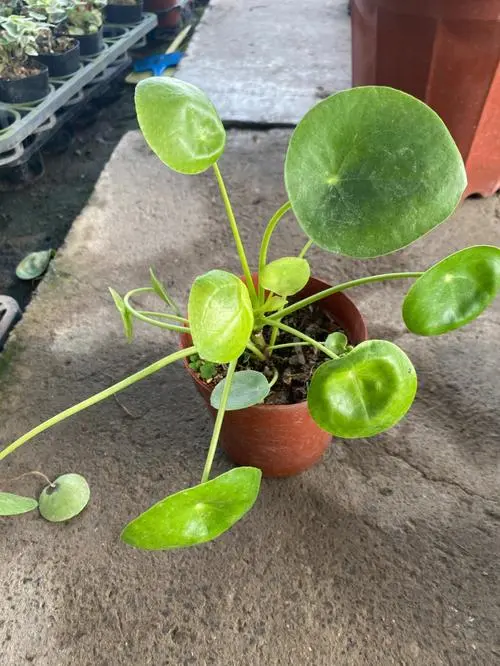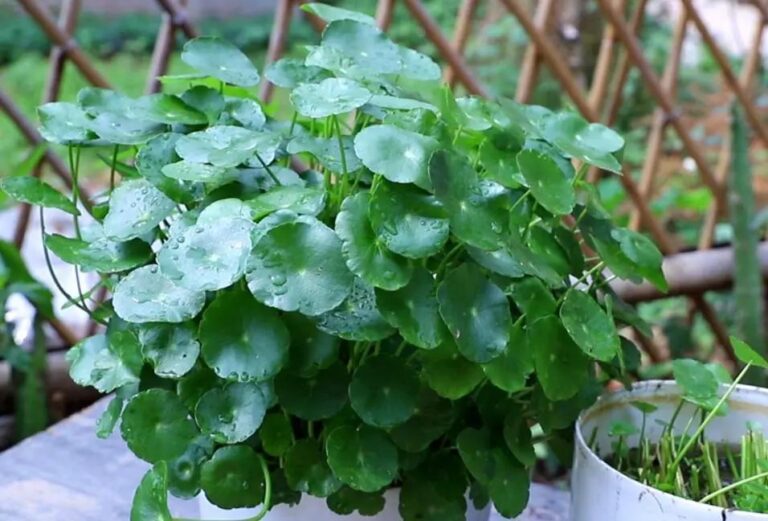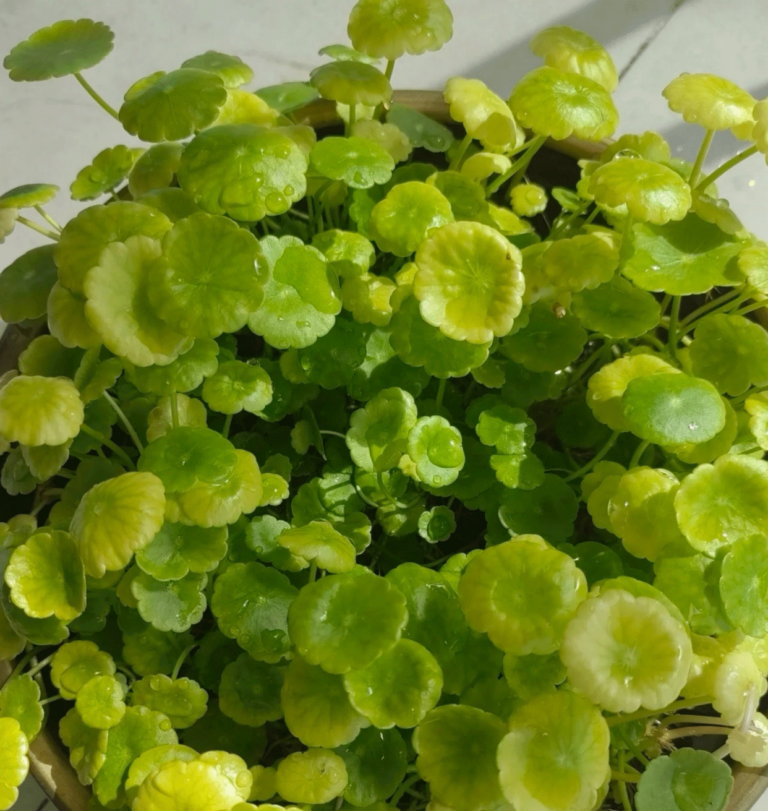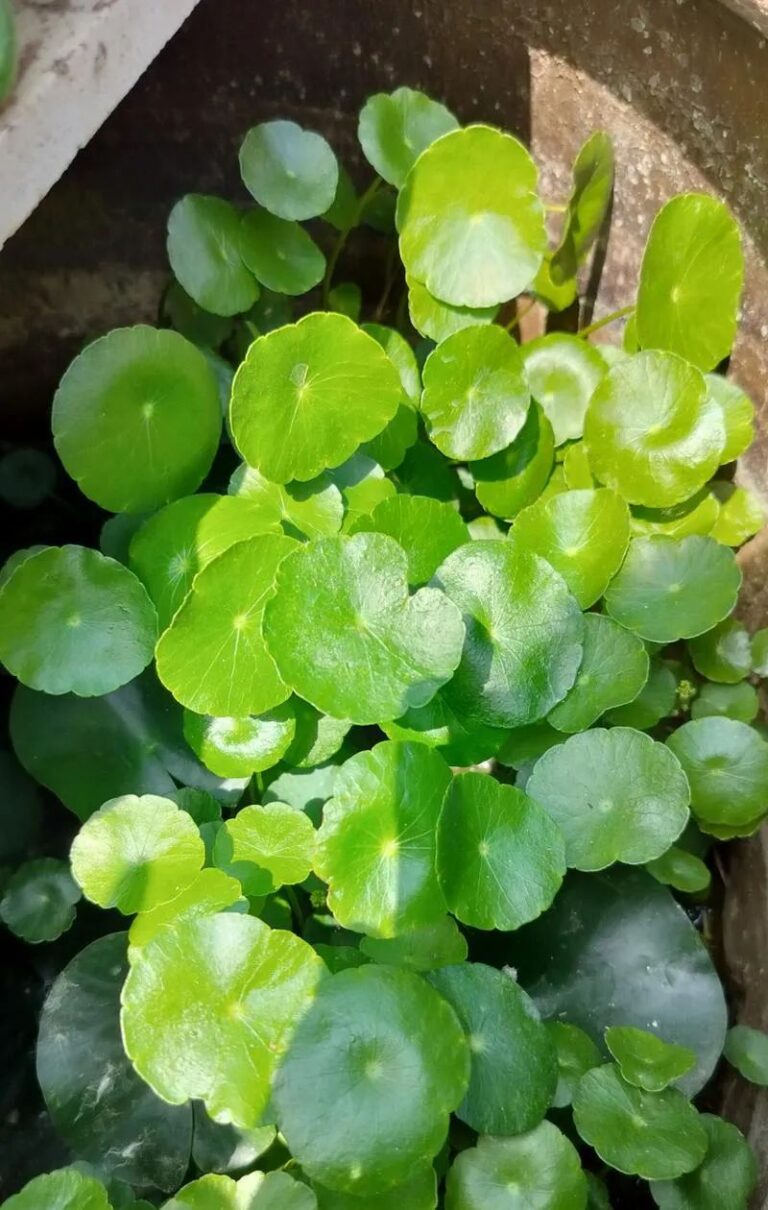Pilea Peperomioides Chinese Money Plant: The Complete Botanical Profile
While most plant enthusiasts recognize the charming Chinese Money Plant with its coin-shaped leaves, few understand the fascinating botanical story behind Pilea peperomioides—a plant that remained virtually unknown to Western science until the 1980s despite its centuries of cultivation in China. This comprehensive profile goes beyond basic descriptions to reveal the unique physiological adaptations, cultural significance, and scientific characteristics that make this plant truly extraordinary. Through examining herbarium records and botanical research, we’ll explore why this unassuming member of the nettle family has become one of the most scientifically interesting and culturally significant houseplants of our time.
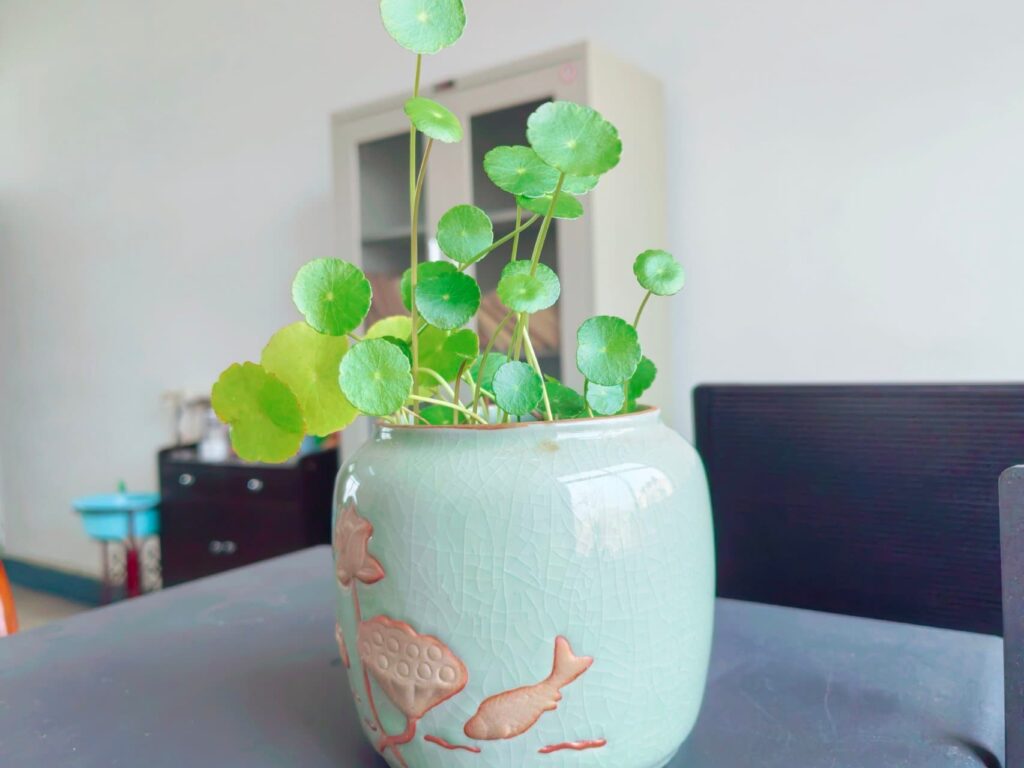
Botanical Classification and Evolutionary History
| Taxonomic Rank | Classification | Significance |
|---|---|---|
| Kingdom | Plantae | Vascular plants with specialized tissues |
| Family | Urticaceae | Nettle family – but without stinging hairs |
| Genus | Pilea | Over 600 species of tropical herbs |
| Species | peperomioides | Resembles plants in Piperaceae family |
The specific epithet “peperomioides” reveals the botanical confusion that surrounded this plant for decades. Early specimens were misidentified as belonging to the pepper family (Piperaceae) due to their similar appearance to Peperomia species. It wasn’t until Norwegian missionary Agnar Espegren brought living specimens to Scandinavia in 1946 that Western botanists properly classified it.
Morphological Characteristics: Beyond the Basic Description
| Plant Structure | Detailed Characteristics | Functional Adaptation |
|---|---|---|
| Growth Habit | Perennial evergreen subshrub | Woody base supports herbaceous growth |
| Mature Height | 12-18 inches (30-45 cm) indoors | Compact size ideal for container growth |
| Leaf Morphology | Peltate attachment, circular shape | Maximizes light capture in understory habitats |
| Stem Structure | Succulent, slightly woody with age | Water storage and structural support |
| Root System | Fibrous, shallow spreading | Adapted to rocky, well-drained substrates |
The most remarkable morphological feature is the peltate leaf attachment—the petiole connects to the center of the leaf blade rather than the edge. This unusual adaptation, shared with plants like lotus and nasturtium, creates the perfect circular form that makes the plant so distinctive.
The Cultural Journey: From Chinese Villages to Global Phenomenon
Pilea peperomioides represents one of the most fascinating stories in modern horticulture. For centuries, it was cultivated exclusively in the Cangyuan region of Yunnan Province, where it was known as “the passing-along plant” due to the tradition of sharing offsets with friends and family. The plant’s journey to international recognition began accidentally when Scandinavian missionaries encountered it in the 1940s.
| Timeline Period | Cultural Significance | Distribution Pattern |
|---|---|---|
| Pre-1940s | Regional Chinese folk plant | Confined to Yunnan households |
| 1940s-1970s | Scandinavian “missionary plant” | Shared among plant enthusiasts |
| 1980s-2000s | Botanical curiosity | Limited availability in specialty nurseries |
| 2010s-Present | Global social media star | Mass production and worldwide distribution |
Comprehensive Nomenclature: Understanding All the Names
| Name Type | Origin | Cultural Context |
|---|---|---|
| Scientific Name | Pilea peperomioides | Describes resemblance to Peperomia species |
| Chinese Money Plant | Western marketing | References coin-shaped leaves and Chinese origin |
| Pancake Plant | Descriptive common name | Refers to flat, circular leaf appearance |
| UFO Plant | Modern colloquialism | Describes saucer-like leaves |
| Missionary Plant | Historical reference | Recalls Scandinavian missionary origins |
| Lefse Plant | Norwegian tradition | Named after traditional flatbread |
Each name tells part of the plant’s story, from its botanical characteristics to its cultural journey across continents. The diversity of common names reflects its widespread appeal and the different aspects that various cultures have found noteworthy.
Native Habitat and Ecological Adaptations
Understanding the native environment of Pilea peperomioides reveals why it possesses such specific growing requirements and explains many of its unique characteristics:
| Habitat Factor | Native Conditions | Cultural Implications |
|---|---|---|
| Altitude | 1,500-3,000 meters | Prefers cool to moderate temperatures |
| Light Conditions | Dappled forest understory | Adapted to bright indirect light |
| Soil Type | Well-drained rocky slopes | Requires excellent drainage |
| Rainfall Pattern | Seasonal monsoon climate | Tolerates drying between waterings |
| Temperature Range | 50-75°F (10-24°C) | Sensitive to extreme heat and cold |
The plant’s native habitat in the mountainous regions of Yunnan explains its preference for the specific conditions that make it thrive indoors. Its adaptations to the forest understory make it perfectly suited for the light conditions found in most homes.
Reproductive Biology: Flowers and Propagation
While often grown for its foliage, Pilea peperomioides has a fascinating reproductive strategy that combines sexual reproduction through flowers with extensive vegetative propagation:
| Reproductive Feature | Description | Significance |
|---|---|---|
| Flowering Period | Spring to early summer | Triggered by increasing day length |
| Inflorescence | Paniculate cymes | Branching flower clusters |
| Flower Structure | Small, pinkish, unisexual | Separate male and female flowers |
| Pollination Mechanism | Wind pollination (anemophily) | Adapted to forest environments |
| Vegetative Propagation | Basal offsets (pups) | Primary means of spread in cultivation |
Interestingly, while the plant flowers readily in its native habitat, indoor flowering is relatively rare and often indicates exceptionally good growing conditions. The plant’s main reproductive strategy in cultivation—producing numerous offsets—has earned it the nickname “Friendship Plant” and made propagation and sharing an integral part of its cultural significance.
Symbolic Meanings Across Cultures
The plant’s distinctive appearance and growth habits have inspired rich symbolic interpretations across different cultures:
| Cultural Context | Symbolic Meaning | Basis for Interpretation |
|---|---|---|
| Chinese Tradition | Wealth and prosperity | Coin-shaped leaves resemble ancient currency |
| Feng Shui Practice | Positive energy flow | Round leaves promote harmonious chi |
| Western Interpretation | Generosity and sharing | Easy propagation encourages plant sharing |
| Modern Social Media | Plant parent success | Visible growth provides satisfaction |
Scientific Research and Interesting Discoveries
Recent scientific investigations have revealed fascinating aspects of Pilea peperomioides that explain its unique characteristics and cultivation requirements:
- Photosynthetic Adaptation: Research shows the circular leaf shape maximizes light capture in the dim forest understory while minimizing water loss
- Hydraulic Architecture: The peltate leaf attachment creates efficient water distribution across the entire leaf surface
- Chemical Composition: Analysis reveals compounds similar to other Urticaceae species but without the irritating hairs Potential medicinal applications being investigated
- Genetic Diversity: Despite widespread cultivation, genetic studies show remarkably low diversity due to its clonal propagation history
These scientific insights not only satisfy botanical curiosity but also provide practical guidance for optimal cultivation practices that mimic the plant’s natural adaptations.
Conservation Status and Ethical Cultivation
Despite its popularity in cultivation, Pilea peperomioides faces conservation challenges in its native habitat:
| Conservation Aspect | Current Status | Responsible Cultivation |
|---|---|---|
| Wild Populations | Limited and fragmented | Source plants from ethical propagators |
| Habitat Pressure | Deforestation threats | Support habitat conservation efforts |
| Genetic Preservation | Cultivated clones dominate | Maintain genetic diversity through seed propagation |
| Commercial Production | Mass tissue culture | Choose nurseries using sustainable methods |
The plant’s story serves as a reminder of the importance of ethical plant sourcing and the value of preserving both cultivated varieties and wild genetic resources.
Conclusion: More Than Just a Pretty Face
Pilea peperomioides represents a remarkable convergence of botanical interest, cultural significance, and horticultural appeal. From its mysterious journey out of a small region in China to its current status as a global houseplant sensation, this plant continues to fascinate scientists and plant enthusiasts alike. Its perfect circular leaves, easy-care nature, and rich symbolic meanings make it much more than just another houseplant—it’s a living piece of botanical history that continues to write new chapters in homes around the world.
As we continue to study and appreciate this remarkable species, we not only enhance our own growing success but also contribute to the preservation and understanding of one of the most botanically and culturally significant plants in modern cultivation.
